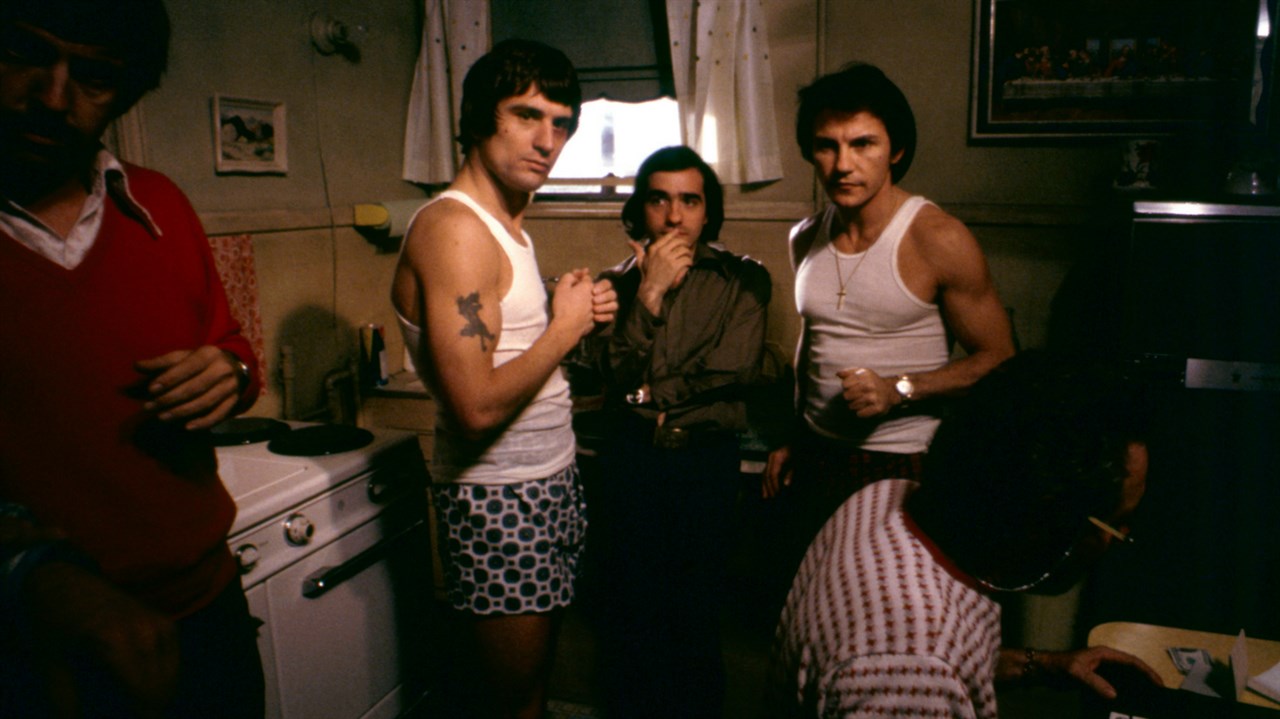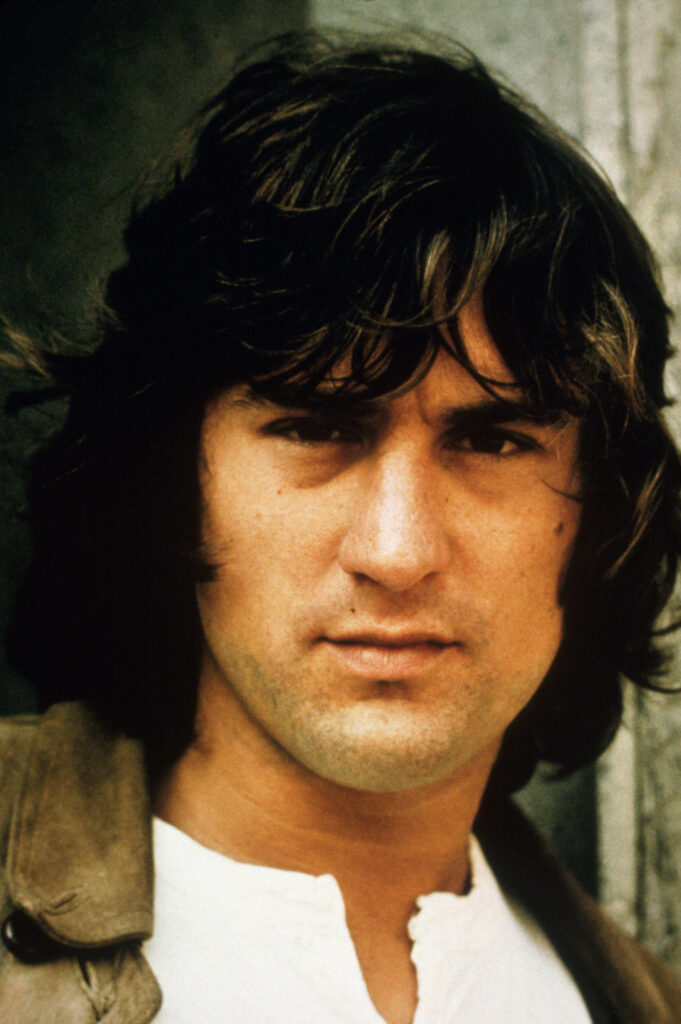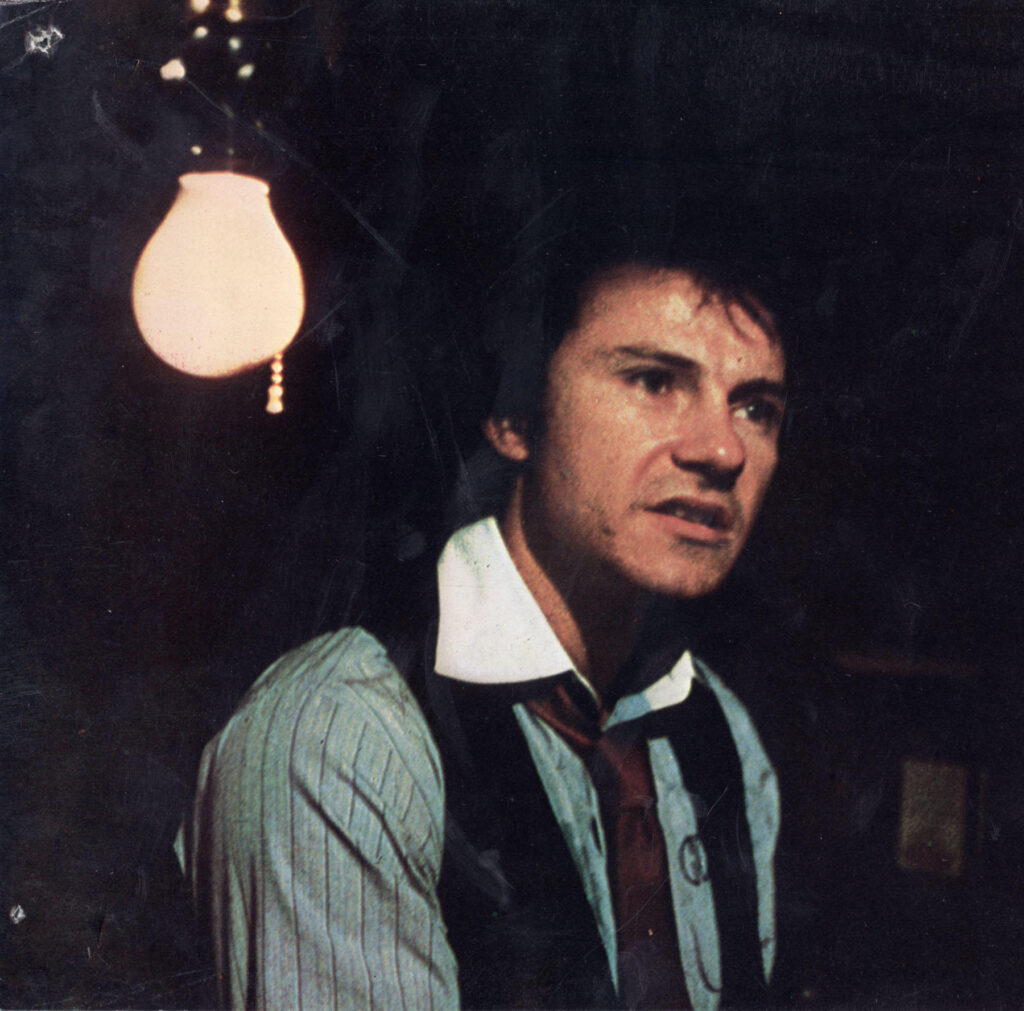
Classic Mob movie ‘Mean Streets’ celebrates 50th anniversary
Martin Scorsese’s dark tale starring Harvey Keitel and Robert De Niro ‘helped define a genre’

Martin Scorsese’s Mean Streets, released in October 1973, is regarded as a classic crime drama, depicting a New York City neighborhood teeming with dead-end types and some wiseguys.
The movie was the first collaboration between Scorsese and actor Robert De Niro. Their later work would range from character studies such as Taxi Driver and Raging Bull to Mob movies such as GoodFellas, Casino and The Irishman. More recently, Scorsese and De Niro collaborated on Killers of the Flower Moon, set in 1920s Oklahoma during the Osage Nation murders.
On his own Instagram page, director Francis Ford Coppola, whose blockbuster movie The Godfather was released one year before Mean Streets, called the 80-year-old Scorsese “a wonderful person and the world’s greatest living filmmaker.”
Complicated relationships
In Mean Streets, filmed on a tight budget, De Niro plays Johnny Boy, a foolish hothead in debt to a badgering loan shark. Harvey Keitel portrays a mobster’s nephew named Charlie who battles religious guilt as he seeks redemption by watching over Johnny Boy.

“You don’t make up for your sins in church,” according to a voice-over at the beginning of the movie. “You do it in the streets. You do it at home.” The narration is provided by Scorsese to distinguish between Charlie’s thoughts and actions.
Charlie is dating Johnny Boy’s cousin Teresa (Amy Robinson), complicating the family connections that add conflict to the story, which was co-written by Scorsese and Mardik Martin.
Part of the Scorsese legend is that he grew up around people like these in New York City. According to America: The Jesuit Review, Scorsese was “a Catholic schoolboy educated by the Sisters of Charity on the Lower East Side of New York.” Scorsese told the publication that Mean Streets “has a very, very strong religious content.”
Scorsese’s neighborhood roots run deep in real life and on the screen. His mother, Catherine, appears toward the end of the movie, helping Teresa as the young woman struggles with epilepsy.
The Oscar-winning director has cast his mother in other movies, including Casino, released in 1995, two years before she died at age 84. Casino, a Mob movie set mostly in Las Vegas, was her final role.
Mobsters impressed
In film critic Glenn Kenny’s book Made Men: The Story of Goodfellas, Scorsese discusses his upbringing in Manhattan’s Little Italy during the 1940s and ’50s. Scorsese said he grew up in a “closed community” of Sicilians and Neapolitans.
“It took me me years to work out what was happening among the organized crime characters,” Scorsese said.
Several figures from those formative years would show up, at least as representative characters, in a string of Scorsese Mob movies, including Mean Streets.
When that movie first came out, it scored points with critics and even hit home with low-level gangsters such as Henry Hill, who, according to Kenny, was impressed by its accurate portrayal of “life among the Little Italy mooks.”
Many years later, actor Ray Liotta would portray Hill in Goodfellas, with Paul Sorvino cast as a character based on Mob underboss Paulie Vario.
Long before Goodfellas thrust Hill into the spotlight, he took the real Mob underboss, Vario, to see Mean Streets. “Vario was reportedly similarly impressed,” Kenny wrote.
‘Something extraordinary’
The New York City on display in Mean Streets is dark and forbidding, an ominous setting populated by hustlers, crooked cops, strippers and even an unhinged Vietnam combat veteran. The dive bar that serves as a hangout for the characters in Mean Streets is filmed in an eerie red glow that evokes the hellish world these people inhabit.

In addition to using lighting as a mood-setter, Scorsese employed other signature techniques in Mean Streets that would become familiar as his reputation grew, including pop music to propel the story and violence as a character trait.
Over time, Scorsese would make “slicker, better-crafted movies,” according to authors George Anastasia and Glen Macnow in The Ultimate Book of Gangster Movies, “but the nuts and bolts of who he is and what he’s about are here.”
The authors rank Mean Streets No. 14 of the Top 100 gangster movies, just behind Léon: The Professional and ahead of Reservoir Dogs.
“On one level, watching Mean Streets is like finding some old film of Joe DiMaggio and Mickey Mantle and Willie Mays during their first seasons in the big leagues,” the authors wrote. “The raw talent is there. There are sparks and smoldering potential.”
With Mean Streets, Scorsese was among a handful of filmmakers breaking new ground for Mob movies. While The Godfather highlighted Mafia royalty, movies such as Mean Streets and director Peter Yates’ The Friends of Eddie Coyle, both released in 1973, drew attention to those on the underworld’s bottom rungs.
According to Anastasia and Macnow, Mean Streets “was one of the first to tell the story from street level.” This echos what Henry Hill noticed years earlier — that Mean Streets, as Anastasia and Macnow put it, “is not about a Mafia don or the capo of a crew.”
“It’s about a bunch of guys from the neighborhood who are ‘connected,’ some directly and some, as is more often the case in real life, through a series of vague relationships,” the authors wrote.
Looking back on its significance, Anastasia and Macnow said Mean Streets “helped define a genre.”
“More important,” the authors noted, “it marked the start of something extraordinary in the American cinema.”
Larry Henry is a veteran print and broadcast journalist. He served as press secretary for Nevada Governor Bob Miller, and was political editor at the Las Vegas Sun and managing editor at KFSM-TV, the CBS affiliate in Northwest Arkansas. Today, he is a senior reporter for Gambling.com. The Mob in Pop Culture blog appears monthly.
Feedback or questions? Email blog@themobmuseum.org





